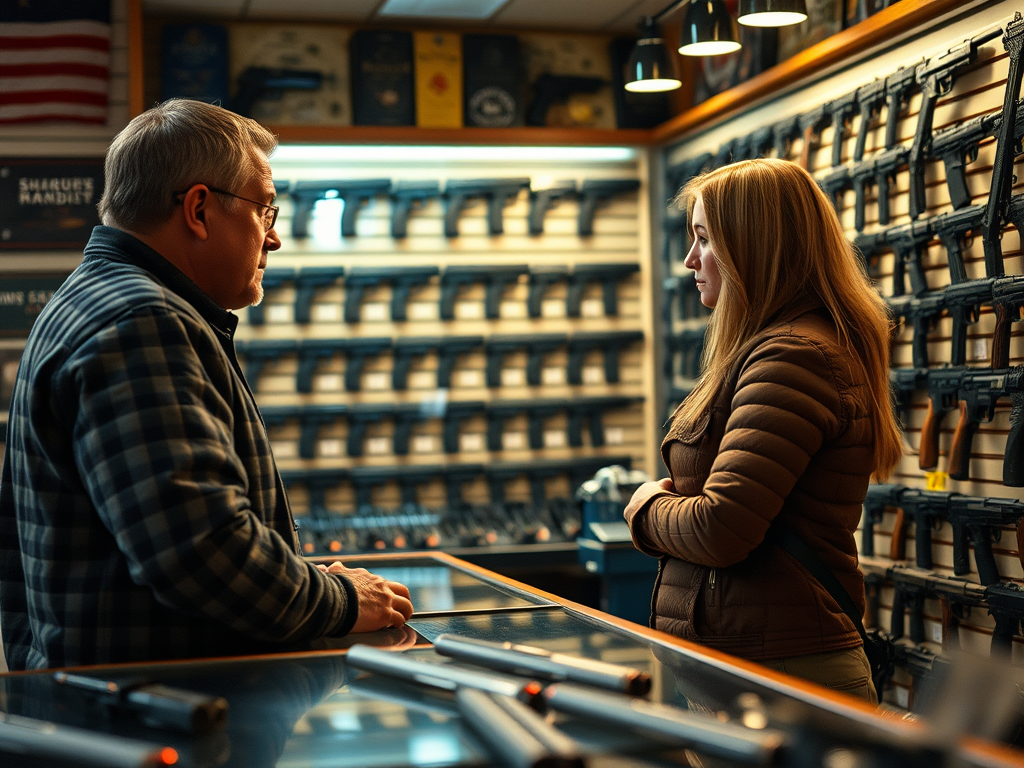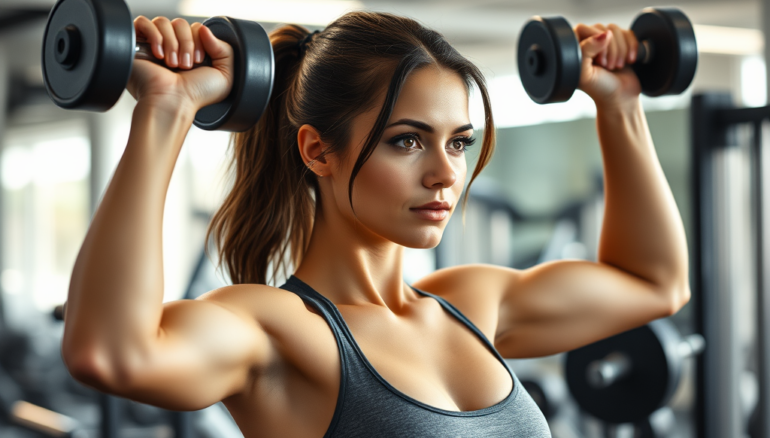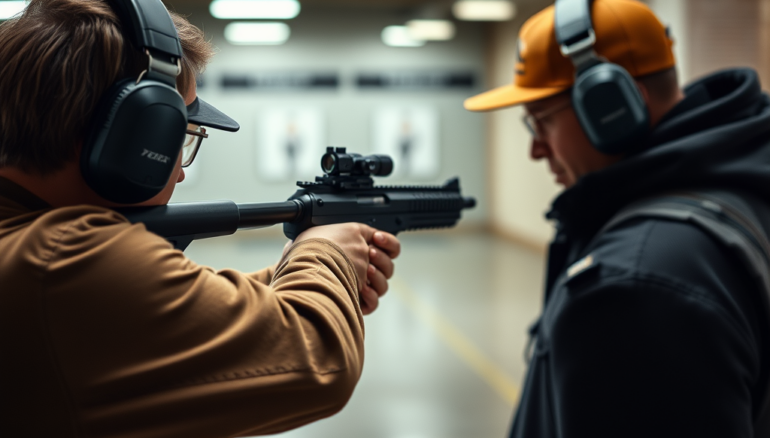Selecting the ideal handgun for self-defense is a crucial decision that requires careful consideration of various factors. This guide will help you navigate the different types of handguns available, their pros and cons, and important considerations to keep in mind during your selection process.
Types of Handguns
Semi-Automatic Pistols
Semi-automatic pistols are the most popular choice for self-defense due to their reliability and capacity. They use the energy from each shot to eject the spent casing and load a new round into the chamber.
Pros:
- Higher ammunition capacity
- Faster reloading
- Generally slimmer profile for concealed carry
Cons:
- More complex mechanism
- May require more training to operate effectively
Revolvers
Revolvers are known for their simplicity and reliability. They use a rotating cylinder to hold ammunition and don’t rely on the energy of the shot to cycle the next round.
Pros:
- Simple to operate
- Highly reliable
- Can handle more powerful cartridges
Cons:
- Limited ammunition capacity
- Slower to reload
- Generally bulkier than semi-automatics
Action Types
Striker-Fired
Striker-fired pistols use a spring-loaded firing pin to strike the primer of the cartridge[3].
Pros:
- Consistent trigger pull
- Simpler mechanism
- Often lighter in weight
Cons:
- May lack external safety features
- Some users find the trigger less crisp
Hammer-Fired
Hammer-fired pistols use a visible hammer to strike the firing pin[3].
Pros:
- Often have a lighter, crisper trigger pull
- Visual and tactile indication of readiness
- May have additional safety features
Cons:
- Can be more complex to operate
- May have a longer trigger pull in double-action mode
Key Considerations
Grip
The grip is crucial for control and accuracy. Ensure the handgun fits comfortably in your hand and allows you to reach all controls easily[4].
Caliber
Common self-defense calibers include 9mm, .40 S&W, and .45 ACP. Consider factors such as recoil management, ammunition capacity, and stopping power[4].
Concealed Carry
If you plan to carry concealed, consider the size and weight of the handgun. Smaller, lighter pistols are easier to conceal but may have increased recoil and reduced capacity[4].
Reliability
Choose a handgun with a proven track record of reliability. Research user reviews and professional evaluations to ensure the firearm functions consistently[1].
Ease of Use
For self-defense, select a handgun that you can operate quickly and efficiently under stress. Simpler designs may be preferable for less experienced shooters[2].
Maintenance
Consider the ease of disassembly and cleaning. Some handguns require more frequent or complex maintenance than others[1].
Safety Features
Evaluate the safety mechanisms of the handgun. Some users prefer manual safeties, while others opt for designs with fewer external controls[3].
Conclusion
Choosing the right handgun for self-defense is a personal decision that depends on your individual needs, preferences, and skill level. Consider trying different handguns at a local range before making your final decision. Remember that regular training and practice are essential for effective self-defense, regardless of the handgun you choose. You can also refer to your local gun shop or trusted firearm instructor for additional guidance.
Citations:
[1] https://tacdynamics.com/pros-and-cons-between-different-guns/
[2] https://www.bearcreekarsenal.com/blog/types-of-guns.html
[3] https://www.usconcealedcarry.com/blog/course-of-fire-is-a-striker-or-hammer-fired-pistol-a-better-fit-for-you/
[4] https://www.americanconcealandcarry.com/striker-fired-vs-hammer-fired-pistols-pros-and-cons/
[5] https://inside.safariland.com/blog/modern-handgun-action-types-breaking-it-down/
[6] https://www.reddit.com/r/prepping/comments/1dq0vpd/what_are_the_pros_and_cons_of_carrying_a_revolver/
[7] https://www.crossbreedholsters.com/blog/revolvers-vs-semi-automatic-pistols/
[8] https://cardinidefense.com/blogs/news/exploring-the-pros-and-cons-of-semi-automatic-pistols-versus-revolvers



